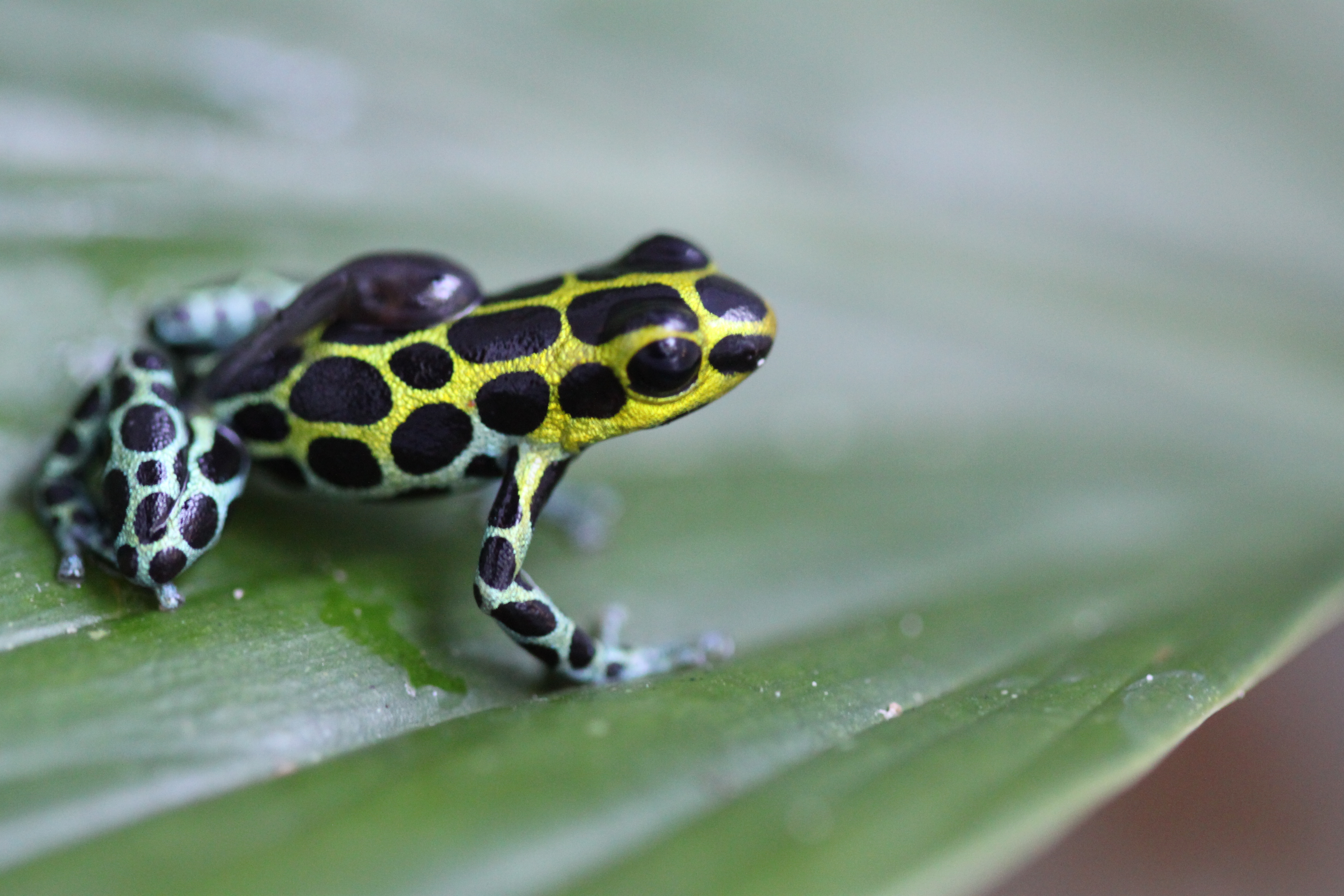To Avoid Being Eaten, Tadpoles Aren't Choosy About Escape Vehicle

Get the world’s most fascinating discoveries delivered straight to your inbox.
You are now subscribed
Your newsletter sign-up was successful
Want to add more newsletters?

Delivered Daily
Daily Newsletter
Sign up for the latest discoveries, groundbreaking research and fascinating breakthroughs that impact you and the wider world direct to your inbox.

Once a week
Life's Little Mysteries
Feed your curiosity with an exclusive mystery every week, solved with science and delivered direct to your inbox before it's seen anywhere else.

Once a week
How It Works
Sign up to our free science & technology newsletter for your weekly fix of fascinating articles, quick quizzes, amazing images, and more

Delivered daily
Space.com Newsletter
Breaking space news, the latest updates on rocket launches, skywatching events and more!

Once a month
Watch This Space
Sign up to our monthly entertainment newsletter to keep up with all our coverage of the latest sci-fi and space movies, tv shows, games and books.

Once a week
Night Sky This Week
Discover this week's must-see night sky events, moon phases, and stunning astrophotos. Sign up for our skywatching newsletter and explore the universe with us!
Join the club
Get full access to premium articles, exclusive features and a growing list of member rewards.
Newborn poison frogs of Peru have quite an appetite. If left home alone in their hatching pool, the ravenous tadpoles will eat each other. To keep the tadpoles from gorging on their siblings, their doting father will carry them one at a time on his back and drop them in separate pools, where other food is available.
Some frog fathers, however, abandon their young. For unknown reasons, these males leave and never return to fetch their developing offspring.
Researchers have now found that abandoned tadpoles don't wait for their father to return, because they run the risk of getting eaten by cannibalistic siblings. Instead, they try to piggyback on any adult frog that happens to visit the pool to breed, sleep or cool off in it. What's more, the researchers found that it made no difference to the tadpoles if the visiting adult belonged to the same or a different species. [40 Freaky Frog Photos]
Lisa Schulte and Michael Mayer, of the Department of Biogeography at Trier University in Germany, studied the behavioral response of tadpoles of the Neotropical poison frog Ranitomeya variabilis toward adults of the same species as well as two different species (Ranitomeya imitator and Hyloxalus nexipus).
To perform the experiments, the researchers set up a makeshift laboratory in an unused coffee plantation next to a forest in Peru. They left tadpoles hatched from the same egg clutch in a plastic bowl filled with water and then placed an adult frog in the bowl. The researchers noticed that the tadpoles approached adults of all three species and tried to wriggle their way up the frogs' backs.
"The tadpoles beg for transportation; it surprised us that for them it does not matter if it is their own species or not," Mayer told Live Science in an email from Peru.
Out of 39 tadpoles, two were able to hop on the adult's back — one on the R. variabilis male (same species) and the other on the R. imitator male (same genus but different species). The tadpoles received no help from the adult frogs, which expressed no interest in piggybacking the tadpoles, "affirming that the tadpoles followed the frogs, not vice versa," Schulte and Mayer wrote in their study, published online May 5 in the Journal of Zoology.
Get the world’s most fascinating discoveries delivered straight to your inbox.
"When in acute danger, they do not passively wait for their parents to pick them up," the researchers wrote, "but instead show a strong, nearly aggressive form of approaching and mounting adults."
Original article on Live Science.
 Live Science Plus
Live Science Plus










